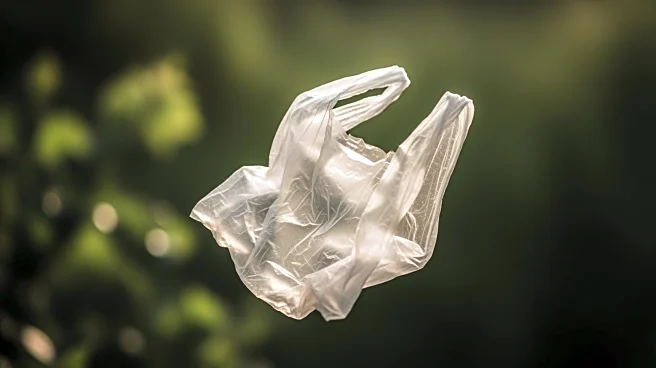What's Happening?
PepsiCo is investing $77 million in its UK site in Leicester to incorporate three sustainable electric ovens for crisp production. This initiative is part of PepsiCo's broader decarbonization strategy aimed at reducing the carbon footprint of its products. According to Carbon Cloud, crisps carry a carbon footprint of 2.88 kg CO₂ per kg, primarily due to agriculture and manufacturing processes. The electric ovens are expected to lower emissions associated with crisp production, aligning with PepsiCo's sustainability goals.
Why It's Important?
PepsiCo's investment in electric ovens represents a significant step towards reducing emissions in the food manufacturing industry. As companies face increasing pressure to adopt sustainable practices, this move could set a precedent for others in the sector. By addressing the environmental impact of its production processes, PepsiCo is positioning itself as a leader in sustainability, potentially influencing industry standards and consumer expectations. The initiative may also enhance PepsiCo's brand reputation and appeal to environmentally conscious consumers.
What's Next?
PepsiCo may continue to explore additional sustainability initiatives, such as further investments in renewable energy or eco-friendly packaging solutions. The success of the electric ovens could encourage other manufacturers to adopt similar technologies, potentially leading to broader industry shifts towards sustainable production practices. Stakeholders, including environmental groups and consumers, will likely monitor PepsiCo's progress and its impact on the company's overall sustainability strategy.
Beyond the Headlines
The adoption of electric ovens by PepsiCo highlights the growing importance of sustainability in corporate strategies. This trend may drive long-term changes in manufacturing practices, encouraging companies to prioritize environmental considerations in their operations and product development.








